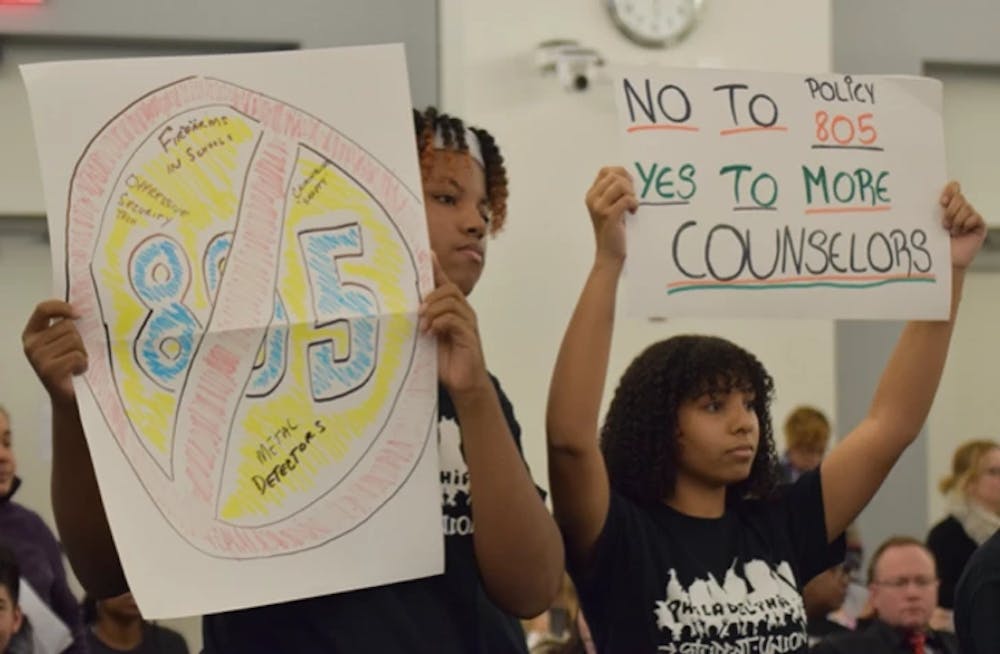Every Philadelphia public school has at least one professionally trained psychologist in their team of teachers and administrators, the school counselors have become a vital part of the school community, leading assemblies and visiting classrooms, almost every student has had the chance to see them at least once. While the counselor’s job is to help students unlock their full potential and make everyone feel safe - physically and mentally, are they actually achieving their goals?
“I visited the school counselor at Central in October,” shares Rimil B. Ghosh, a student at Central High, “I wanted to talk to her about problems I had with my biology teacher, and if I could transfer out of her class, but she really just made me feel worse about my issue, deeming it unimportant by telling me that she had no idea what to do. I thought she was supposed to help me through the problem and not make it worse.” Rimil’s story is echoed throughout the public school system everywhere in the United States.
Myrrah Shapoo, a freshman at Princeton High, put in her two cents on this topic. “They seem unapproachable,” she says, “ Sometimes it feels like if you talk to them (the counselor), they're gonna tell your parents and won’t help. I’m afraid they’d make it worse.”
The reason Rimil and Myrrah feel that way might be because of the huge difference between the number of students and number of counselors available at public schools. “There’s only five counselors at Central,” Rimil says, “compared to the 2500 students at school (Central). Maybe one of the reasons for counselors not being able to help students well enough is because of the fact that there’s 500 students to a counselor!” The demand for counselors in schools is increasing, but still, some school administrators misunderstand the roles of professionally trained school counselors, they often assign counselors administrative duties such as bus duty and cafeteria, which doesn’t let them interact directly with students. According to the American School Counselor Association, school counselors should spend at least 80% of their time working directly with students, while studies show that most school counselors spend much less than that.
“I’m also a little worried about having a good college counselor,” Rimil explains, “Most private school students have access to a good college counselor at their school but I’m not sure that I do.” In a 2012 College Board national survey we see that 32% of Counselors in high schools received no training about college and the admission process, and a third said that the training they had was inadequate. Can the counselors really help students get to college if they don’t have the facilities to do so?
The Philadelphia school district doesn’t have money to spare on hiring more/better counselors, especially with new budget cuts. But, school counselors are an important part of all schools.
According to edsource, Shane Jimerson, a professor in counseling, clinical and school psychology department at UC santa Barbara says “The reality is, school counselors and psychologists are saving thousands of troubled kids every day, but the demand is increasing exponentially and it’s harder and harder to keep up.”




